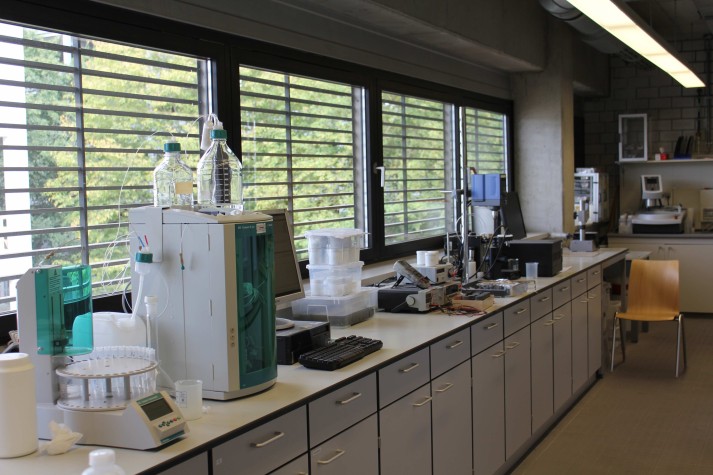Welcome to the Institute of Construction and Building Materials
At the Institute of Construction and Building Materials (WiB), various building materials are researched and further developed. Basic and in-depth knowledge is imparted in teaching and advanced training courses.

Welcome to the Institute of Construction and Building Materials (WiB) of the Technical University of Darmstadt. Our main objective is to develop and find answers to the main questions and challenges facing us. We aim to tackle the big questions of energy reduction in construction, reuse of raw materials, and minimization of CO2 emissions. These current and upcoming themes tighten the boundary conditions within which we have to develop our future construction materials.
Education and research give us the opportunity to develop advanced innovations that can be judged, implemented and used by the industry. A strong cooperation between industry and researchers is therefore indispensable. As a whole with students, researchers and fellow professorships we work in many interdisciplinary fields to view the topical problems in their entirety.
The potential for promising research lies more and more in finding scientific solutions and furthering use of advanced technology. The scale is shifting from the macro to micro and nano scales. Numerical modelling, computational methods in general and top notch experimental equipment aid us to find quantifiable solutions for different tasks such as service life behavior of sustainable materials, development of environmentally friendly and sustainable binders. New Research initiatives such as self healing concretes or bio-inspired material developments will help in furthering the advance in building and construction materials.

















